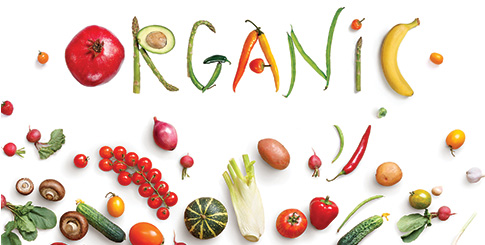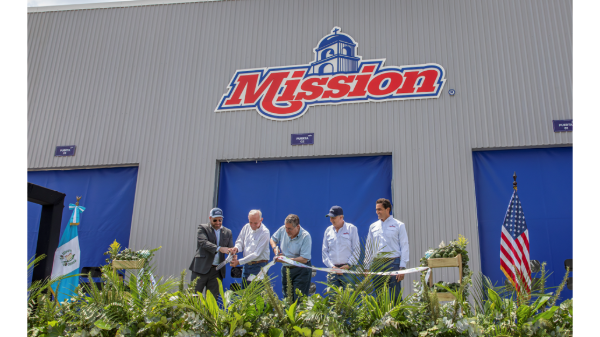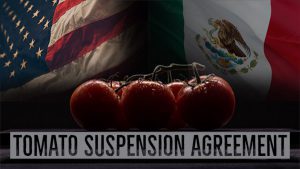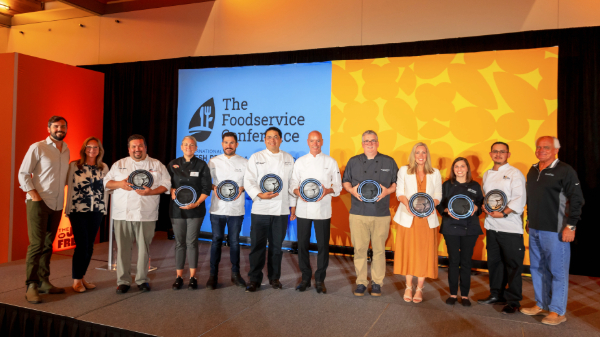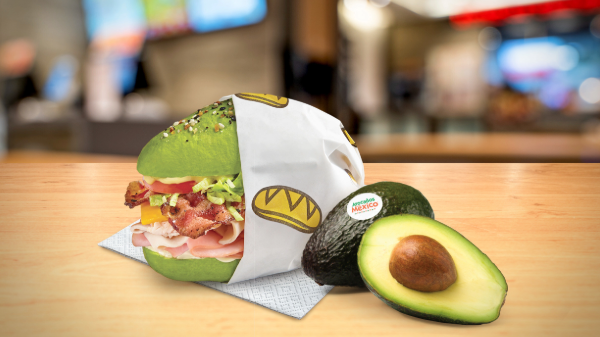Welcome to Blue Book!
Are you ready to join the thousands of companies who rely on Blue Book to drive smarter decisions? View our plans and get started today!
Still have questions? We’d love to show you what Blue Book can do for you. Drop us a line– we’ve been waiting for you.
Receivers from seven Midwest metro areas admit this year’s trucking challenges have added time to most over-the-road deliveries, including imported commodities entering from Mexico. But demand for imports remains strong, and Midwestern receivers enjoy easy access to border crossings.
This centrality makes it possible to source from pretty much anywhere.
“Worldwide sourcing is now routine,” says Sam Maglio, Jr., president of the Maglio Companies, Milwaukee, WI. “We’re currently at about 65 percent imported product. Mexico is a top supplier, Central America and the Caribbean contribute, and Canada has some excellent lettuces in the summer and storage root crops.”
When it comes to shipping and delivery, there’s good news and bad news. More growers, both conventional and greenhouse, are inking direct distribution deals with retailers and foodservice providers during peak season. This is unfortunate for wholesalers, though it is a fact of life.
“During the Midwest season, we see our business go down and so do a lot of wholesalers in the area here, because farmers have established relationships with retail customers,” John Carkoski, COO of J&J Distributing Company, St. Paul, MN.
The good news is that growers don’t always continue these direct relationships. “Some partnered with wholesale distributors and some delivered it themselves,” says Carkoski, “then a year or two later, they’ll come back to a distributor and recreate that partnership, because they’ve found out there are extra costs that go along with (self- or direct delivery) and they can’t (absorb) those costs.”
Consolidation among suppliers is also continuing across the Midwest. SpartanNash, the Michigan-based food distributor and retailer with a heavy emphasis on servicing military commissaries, became a major supplier of private label fresh-cut produce in the Midwest when it acquired Indianapolis-based Caito Foods last year.
—–
This is an excerpt from the most recent Produce Blueprints quarterly journal. Click here to read the full article.



